Why We Use Restorative Practices at Dearborn
By Rebecca Altepeter, Head of School
Restorative practices (RP) are infused into the foundation of Dearborn Academy’s community development.
As part of our mission and vision, we believe in creating a safe, supportive and connected community for students to learn and grow. Restorative practices provide students with structured experiences to practice and develop their social consciousness, communication and leadership skills in preparation for life after Dearborn.
At Dearborn, we know the power that comes with having strong relationships and connections to your community. At the heart of RP are community circles. Every Wednesday afternoon students across the school participate in community building circles. Whether run by teachers, clinicians, or older students who have been trained through our RP leadership program, community circles at Dearborn are the building blocks of our community. Their impact increases engagement, attendance, and supports students in building meaningful friendships. Through the consistent use of RP, students are offered routine and multi-dimensional opportunities to foster compassion for and connections with their classmates and understand their roles as members within a community.
An inevitable component of being a part of a community and holding strong relationships is conflict. Through RP, students at Dearborn are constantly asked to view themselves as leaders and agents of change; engaging in problem solving and collaboration with peers and teachers to work through challenges. Restorative Practices teach students the communication and social skills necessary to navigate conflict in a predictable, supportive, and empowering manner through restorative circles, chats, and conferences.
Given Dearborn’s student population and mission to provide students with a unique and individualized education, we have adapted the curriculum to ensure that it comprehensively meets the needs of each of our students. Most critically this means we design and implement RP through a student-centered lens. When preparing our RP routines, along with the learning goal, the student’s social emotional and learning needs, strengths, backgrounds/experiences, diagnoses, past engagement with RP, and current presentations are all incorporated in planning. When facilitating restorative activities, our teachers are constantly scanning for student engagement and modifying practices in the moment to adjust to student responses.
